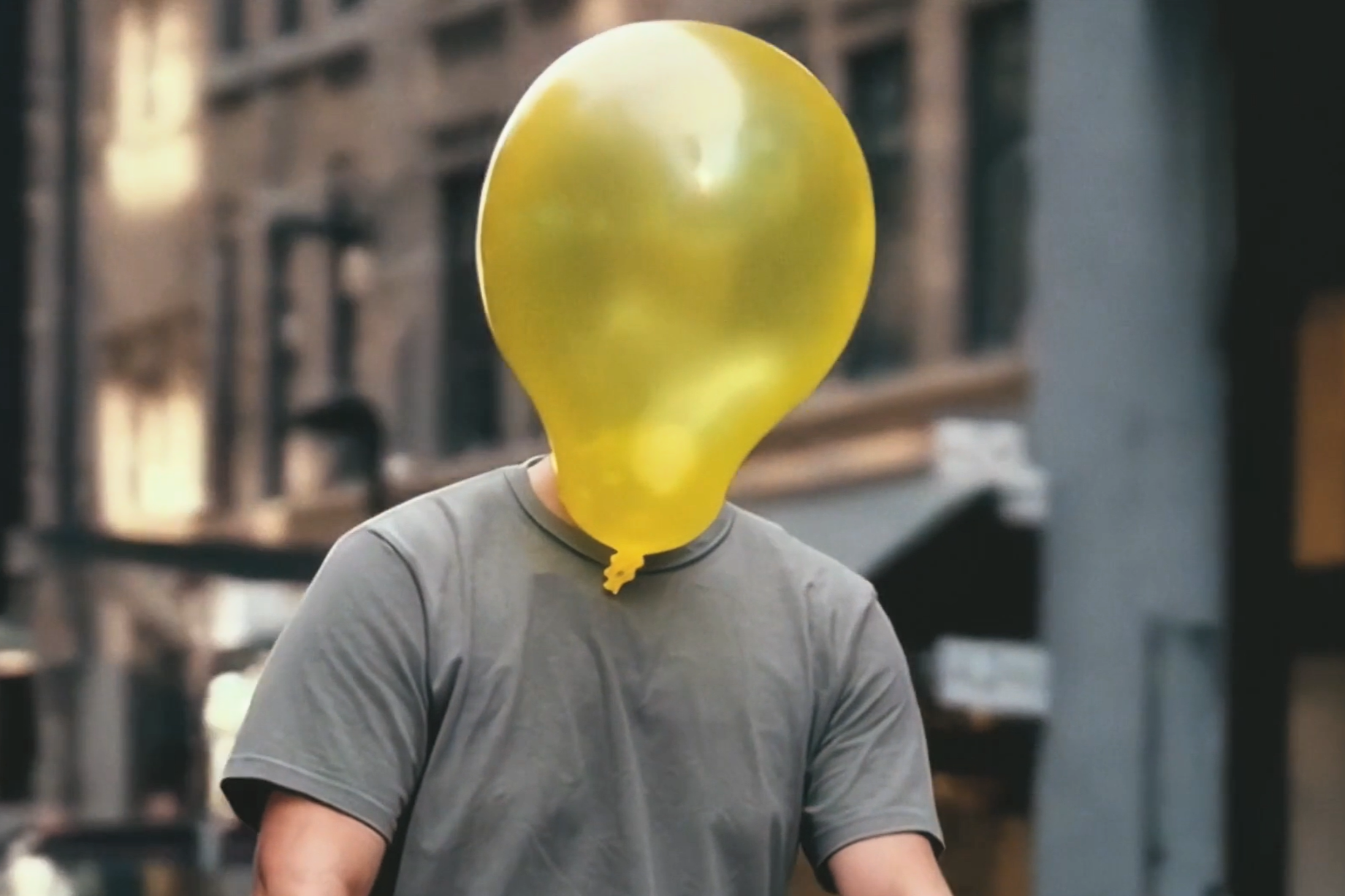‘Totally surreal’: OpenAI shares first short films created with new AI tool Sora
AI tool heralds ‘new era of abstract expressionism’, filmmaker says
ChatGPT creator OpenAI has unveiled the first short films created using its new video AI tool Sora, with filmmakers describing the creations as “totally surreal”.
OpenAI launched its new Sora system last month, provoking a mix of delight and panic about its capabilities.
Early clips generated using the AI software demonstrated how it could take a simple written prompt, such as “two golden retrievers podcasting on top of a mountain”, and turn it into a realistic video of the scenario.

Sora’s creative potential is now being realised by a small group of visual artists and directors who have been given early access to the technology.
“As great as Sora is at generating things that appear real – what excites us is its ability to make things that are totally surreal,” said Canadian production company Shy Kids, who used Sora to create a short film about a man with a balloon head.
“We now have the ability to expand on stories we once thought impossible... [It’s] a new era of abstract expressionism. People from all over the world with stories ready to burst out of their chests finally have the opportunity to show the world what’s inside.”
Multi-disiplinary artist Paul Trillo said the advent of video-generating artificial intelligence would mean concepts could be realised without the current limiting factors of time, money, or even skillset.
“Working with Sora is the first time I’ve felt unchained as a filmmaker,” he said.
“Sora is at its most powerful when you’re not replicating the old but bringing to life new and impossible ideas we would have otherwise never had the opportunity to see.”
The technology has prompted concerns that it could be misused to create deepfake videos and spread misinformation.
OpenAI acknowledged the potential for misuse in a blog post introducing Sora in February, saying that it had employed “red teamers” to adversarially test the model.
The company said it was also building tools to detect misleading content generated by Sora.
The company already has safety measures for its other AI products ChatGPT and DALL-E, which prevent users from requesting violent or sexual content, or generating images that resemble celebrities or public figures, however other companies have filled this gap in the market by offering unrestricted versions of the technology.
Join our commenting forum
Join thought-provoking conversations, follow other Independent readers and see their replies
Comments
Bookmark popover
Removed from bookmarks